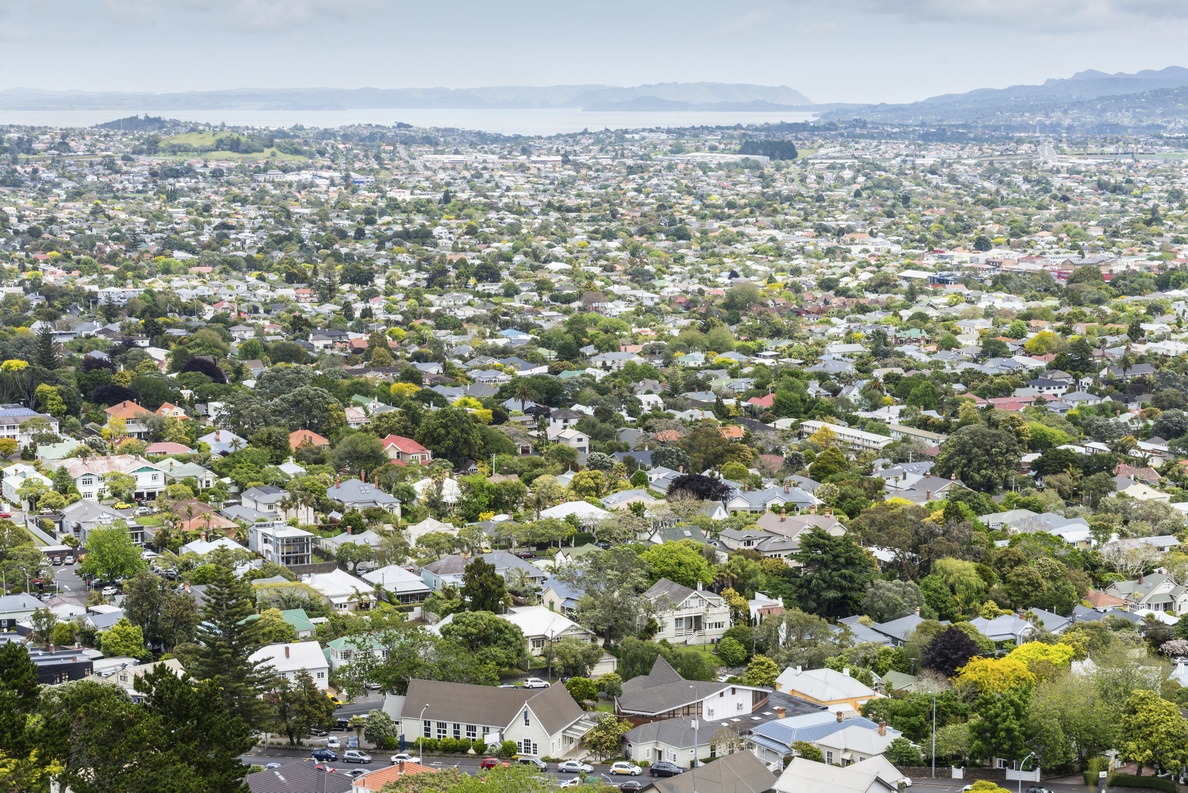Shared housing ownership for moderate-income households in Auckland: a path to affordability
Author:
Mario Andres Fernandez, Chad Hu, Jennifer Joynt, Shane L. MartinSource:
Auckland Council Research and Evaluation Unit, RIMUPublication date:
2020Topics:
HousingExecutive summary
Ensuring the availability of affordable housing is a long-term challenge in New Zealand. In the last decade, policy debate has focused on supply-side interventions, relying almost solely on increasing land supply as the mechanism to improve affordability. In recent years, policy has (slightly) shifted toward interventions where improving the access to homeownership occur through some form of policy intervention in tandem with the operation of market mechanisms (Emsley et al., 2008).
Finding a way to ensure the delivery of affordable housing remains a central long-term challenge. The role of local councils then becomes critical by considering affordability within the local planning framework, and its effects on the competitiveness of land and housing market. Councils have a natural role liaising with community housing providers, serving target population groups and building bridges with initiatives of the central government. Thus, affordability touches on the strategic commitment of councils. Furthermore, research and advice derived from local experiences can inform investment initiatives and policies that are flexible and evidence-based (Johnson et al., 2015).
Shared ownership (SO) is a policy alternative that may widen access to affordable housing to low and moderate-income households in Auckland. SO allows the potential owner to purchase a share in a property (between 20 and 80 per cent), while a third party (e.g. a housing association, HA) owns the remaining share, on which the shared owner pays rent. Over time, the shared owner can staircase up to full ownership (Cowan et al., 2018; Mitchel, 2018; Nanda & Parker, 2015a; Temkin et al., 2013). A few organisations provide SO products in Auckland, however, the scale of SO required to have a meaningful impact on affordability is not widely investigated or understood.
This technical report estimates the costs of SO and its potential effectiveness to improve access to homeownership for moderate-income households, using Auckland as a case study. We explore SO with a matching model similar to Auckland Council (2017), Fernandez (2019b) and Fernandez & Martin (2020). The model simulates the interaction between the potential buyers of housing (current renters) and new dwellings entering the market. It measures the extent to which potential buyers can purchase a dwelling, conditional on the distribution of prices and the availability of SO. We restrict the analysis to moderate-income households (those earning the Auckland median income of $96,000 a year or less). The SO scheme entails a third party, for example, a housing association (HA), absorbing a share of the housing price, while the rest must be paid by the buyer.
Results reveal that expanding SO could be effective in Auckland, given the right policy settings. A SO programme with retained dwellings below a target price of $750,000 and a price share of 40 per cent being absorbed by a HA, could result in about 535 households becoming homeowners, 108 are additional, i.e., they could not have bought a dwelling Shared housing ownership for moderate-income households in Auckland: a path to affordability ii without the SO. This report contributes to the debate about the mix of policy options intended to mitigate the housing crisis while relying on private development and private owner-occupation (Meen & Andrew, 2008; Nanda & Parker, 2015b; Tunstall, 2003).
Auckland Council technical report, TR2020/019.
September 2020
